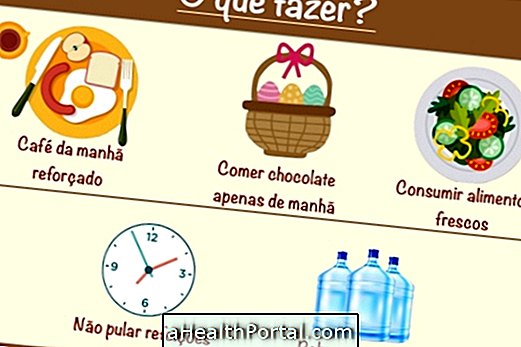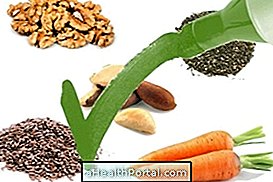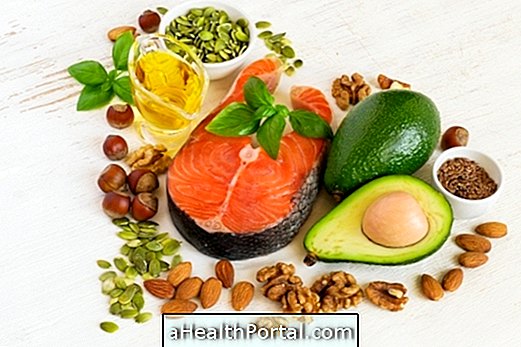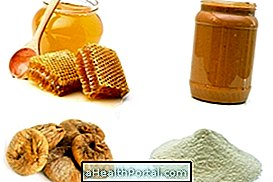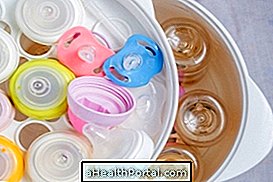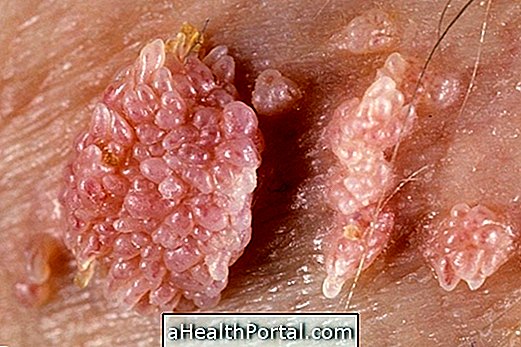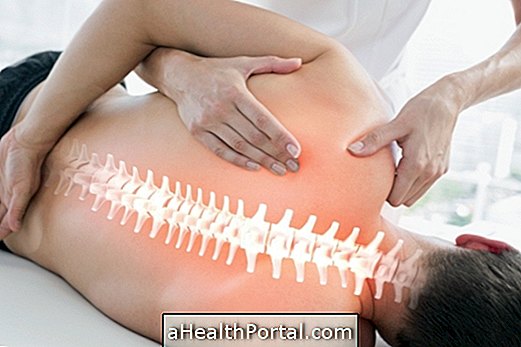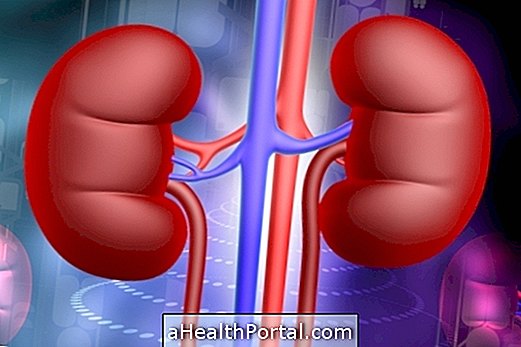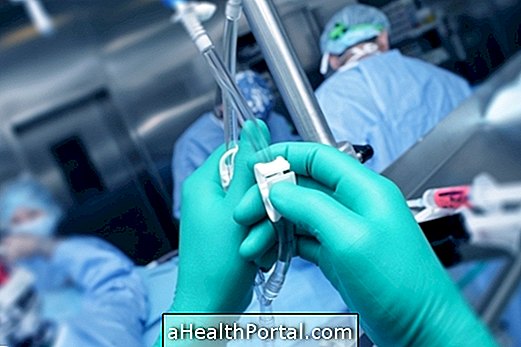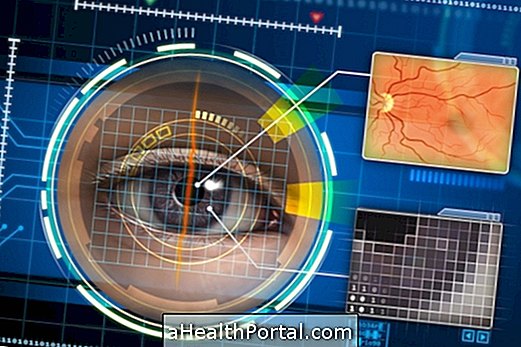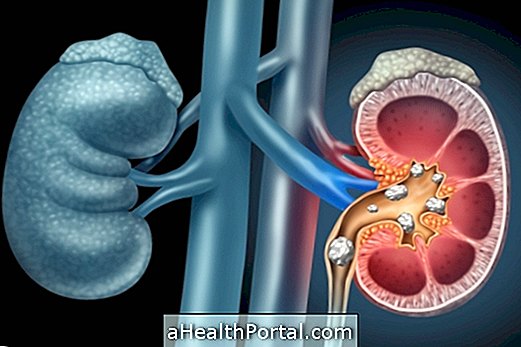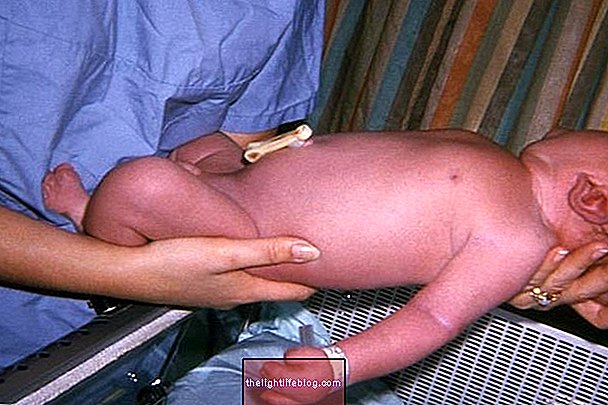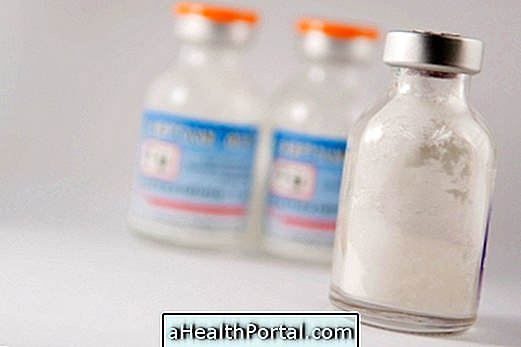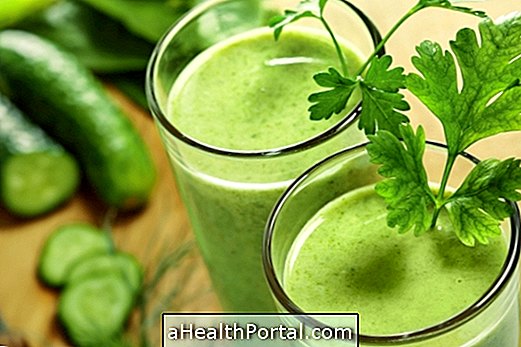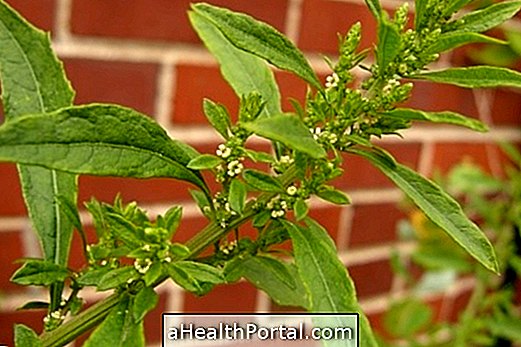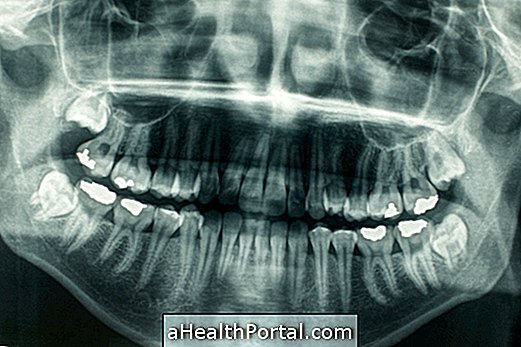The foods most rich in iodine are those of marine origin such as mackerel or mussels, for example. But, there are other foods rich in iodine, such as iodized salt, milk and eggs. On the other hand, vegetables are generally poor in iodine.
Lack of iodine in the body can lead to decreased production of thyroid hormones and goiter, so it is important to include iodine in the diet and consume this mineral daily. Learn more about when the Goiter can appear by clicking here.
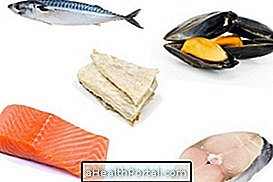

List of foods rich in iodine
Some examples of iodine-rich foods are in the table below, check out:
| Foods | Weight | Iodine per serving | Energy |
| Mackerel | 150 g | 255 μg | 208 calories |
| Mussel | 150 g | 180 μg | 144 calories |
| Codfish | 150 g | 165 μg | 111 calories |
| Salmon | 150 g | 107 μg | 316.5 calories |
| Hake | 150 g | 100 μg | 145.5 calories |
| milk | 560 g | 86 μg | 352 calories |
| Cockle | 50 g | 80 μg | 60 calories |
| Shrimp | 150 g | 62 μg | 151.5 calories |
| Herring | 150 g | 48 μg | 345 calories |
| Beer | 560 g | 45 μg | 235.2 calories |
| Egg | 70 g | 37 μg | 105 calories |
| Liver | 150 g | 22 μg | 195 calories |
| Bacon | 150 g | 18 μg | 668 calories |
| Tuna fish | 150 g | 21 μg | 219 calories |
| Kidney | 150 g | 42 μg | 165 calories |
| Sole | 150 g | 42 μg | 115.5 calories |
Some foods such as bamboo shoots, carrots, cauliflower, corn and cassava reduce the absorption of iodine by the body, so in case of goiter or low iodine intake, these foods should be avoided.
Recommendation for iodine
The following table shows the recommendations of iodine in the different phases of life:
| Age | Recommendation |
| Up to 1 year | 90 μg / day or 15 μg / kg / day |
| From 1 to 6 years | 90 μg / day or 6 μg / kg / day |
| From 7 to 12 years old | 120 μg / day or 4 μg / kg / day |
| From 13 to 18 years old | 150 μg / day or 2 μg / kg / day |
| Above 19 years | 100 to 150 μg / day or 0.8 to 1.22 μg / kg / day |
| Pregnant women | 200 to 250 μg / day |
Function of iodine
The function of iodine is to regulate the production of hormones by the thyroid. Iodine serves to keep the metabolic processes of brain and nervous system growth and development balanced from the 15th week of gestation to 3 years of age, as well as regulate energy production and accumulated fat consumption. See more in: Iodine prevents infertility and thyroid problems.
Iodine deficiency
Iodine deficiency in the body can cause goiter, hyperthyroidism or hypothyroidism. Iodine deficiency can also result in cognitive problems in children if the mother has not consumed enough iodine during pregnancy and if the child also does not consume iodine source foods until age 3, generating difficulties in school learning. Cretinism is a serious consequence of iodine deficiency.
Excessive Iodine
Excessive iodine intake can cause diarrhea, abdominal pain, nausea, vomiting, tachycardia, bluish lips and fingertips.
